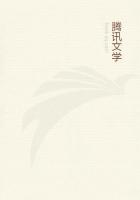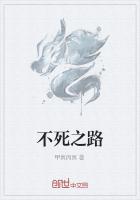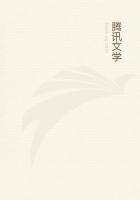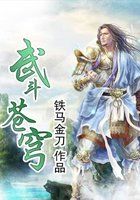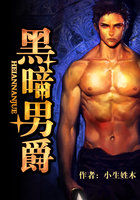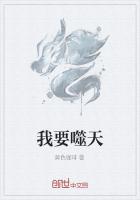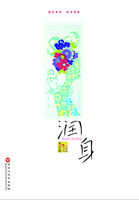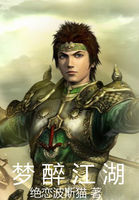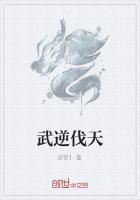Indeed, there seems to be, among children as among primitive peoples, a certain reluctance to ascribe laws to the mere human choice of themselves and their fellows. They wish to assign them to a higher source and to think of them as having an unquestionable sanction. So far as my own observation goes, even American boys prefer to receive rules from tradition or from their elders, when they can. Nothing is easier than for a parent, or mentor of any kind, to be a lawgiver to children, if only he has their confidence, and if the laws themselves prove workable. But the test of law is social and popular; it must suit the general mind. If, for instance, a man takes a group of boys camping, and has their confidence, they will gladly receive (46) rules from him, expecting, of course, that they will be good rules.
But if they prove to be unreasonable and troublesome, they will soon cease to work.
Freedom is that phase of the social ideal which emphasises individuality.
The whole to which we belong is made up of diverse energies which enkindle one another by friction; and its vigor requires that these have play. Thus the fierce impulses of ambition and pride may be as organic as anything else梡rovided they are sufficiently humanized as to their objects梐nd are to be interfered with only when they become destructive or oppressive.
Moreover, we must not be required to prove to others the beneficence of our peculiarity, but should be allowed, if we wish, to "write whim on the lintels of the door-post." Our desires and purposes, though social in their ultimate nature, are apt to be unacceptable on first appearance, and the more so in proportion to their value. Thus we feel a need to be let alone, and sympathize with a similar need in others.
This is so familiar a principle, especially among English and Americans, to whose temperament and traditions it is peculiarly congenial, that Ineed not discuss it at length. It is a phase of idealism that comes most vividly to consciousness when formal and antiquated systems of control need to be broken up, as in the eighteenth century. It then represented the appeal to human nature as against outworn mechanism. Our whole social and political philosophy still echoes that conflict.
The bearing of this view of human nature may perhaps be made clearer by considering its relation to the familiar (47) but now somewhat discredited doctrine of Natural Right. This is traced from the speculations of Greek philosophers down through Roman jurisprudence to Hobbes, Locke, Rousseau, and others, who gave it its modern forms and through whose works it became a factor in modern history. It was familiar to our forefathers and is set forth in the Declaration of Independence.
According to it society is made up, primarily, of free individuals, who must be held to create government and other institutions by a sort of implied contract, yielding up a part of their natural right in order to enjoy the benefits of organization. But if the organization does not confer these benefits, then, as most writers held, it is wrong and void, and the individuals may properly reclaim their natural freedom.
Now in form this doctrine is wholly at variance with evolutionary thought.
To the latter, society is an organic growth; there is no individual apart from society, no freedom apart from organization, no social contract of the sort taught by these philosophers. In its practical applications, however, the teaching of natural right is not so absurd and obsolete as is sometimes imagined. If it is true that human nature is developed in primary groups which are everywhere much the same, and that there also springs from these a common idealism which institutions strive to express, we have a ground for somewhat the same conclusions as come from the theory of a natural freedom modified by contract. Natural freedom would correspond roughly to the ideals generated and partly realized in primary association, the social contract to the limitations these ideals encounter in seeking a larger expression.
(48)


